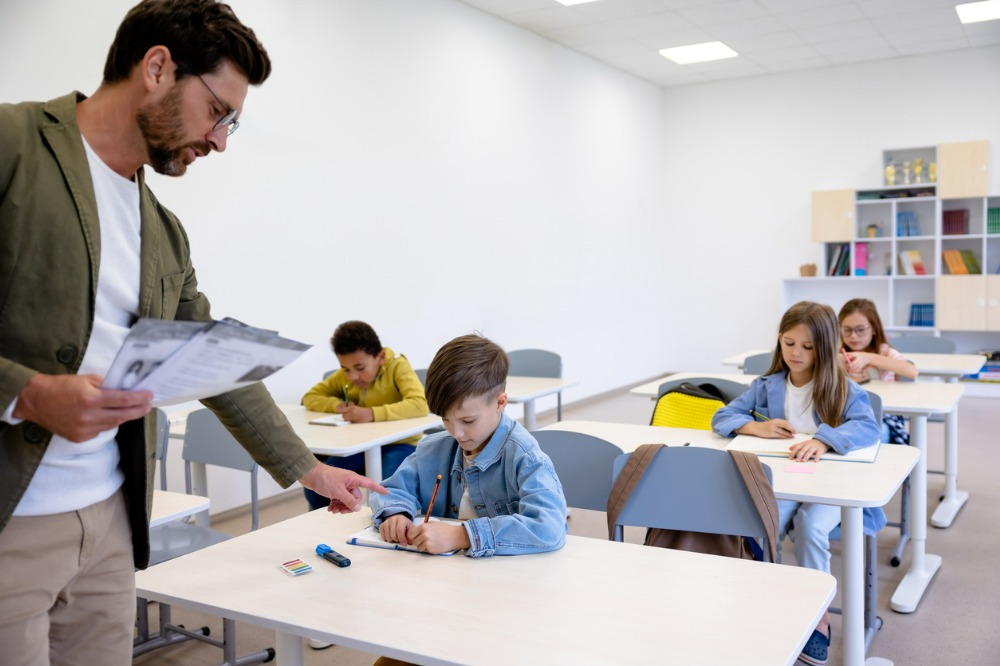
As the teaching profession faces the triple whammy of an aging workforce, high attrition rates, and declining enrolments, one university is hard at work to turn the tables, unveiling two new education degrees to help relieve the ongoing teacher shortages across Australia, especially in regional communities.
Charles Sturt University recently announced the Bachelor of Education (Primary) and Bachelor of Education (Secondary) courses, which are tailored to meet the needs of students via online-only and hybrid learning options and a dedicated placement team to ensure practical components of the courses can be completed close to home.
From 2025, the new degrees will be made available through a combination of online and on-campus learning, with the primary education at Charles Sturt in Albury-Wodonga, Wagga Wagga, Bathurst and Port Macquarie, as well as a completely online option, while the secondary education degree will be online only.
“The University has been teaching teachers for decades with a reputation for longevity, knowledge and success, and we aim to continue this with the new degrees,” Course Director for the Bachelor of Education (Secondary) in the Charles Sturt School of Education, Dr Rachael Hutchesson, said.
Those studying the secondary education offering will be able to select two teaching areas to hone their skills in, including Human Society and its Environment (HSIE), Science, Creative Arts, Personal Development, Health and Physical Education (PDHPE), English and Mathematics.
The new degrees have also been designed to address ongoing struggles around cost of living and relocation stresses, with a dedicated team on board to assist in finding school placements across public, Catholic and independent schools within 60 minutes of a student’s home, anywhere in Australia.
“We understand that each of our students have different passions, skills and areas of expertise, so to be able to assist them in fine-tuning them is essential not only to their individual success, but also to be able to meet the demand for skilled educators in these specific fields,” Dr Hutchesson said.
“Employers seek educators who can adeptly integrate technological advancements while possessing a profound comprehension in areas like global history, economics, physics, biology, the arts, health and wellbeing, and much more.”
‘Tailored to fuel teachers’ passions’
The new degree will provide students a qualification to teach across the primary years K-6 with the opportunity to choose a primary curriculum area such as PDHPE, Creative Arts, English, HSIE or STEM to specialise in, and allows them to focus on areas that complement and enhance their primary teaching abilities such as psychology, early childhood education or literacy and ICT in education in their elective studies.
“Students will be in schools from the first year of study in the Bachelor of Education (Primary),” Course Director for the Bachelor of Education (Primary) in the Charles Sturt School of Education, Dr Tace Vigliante, said.
“Creating engaging and responsive learning environments that build on children’s curiosity about the world around them is truly an honour, and we provide our students with the theorical and practical expertise to achieve this.”
Dr Vigliante said the versatility of the new degrees makes them tailored to fuel teachers’ passions.
“Whether you aspire to guide the bright minds of students in kindergarten through to Year 6 or are drawn to the dynamic world of educating older students from Years 7 to 12, these two new programs are tailored to fuel your passion and prepare you for success in shaping the next generation and making a difference in their lives.”


